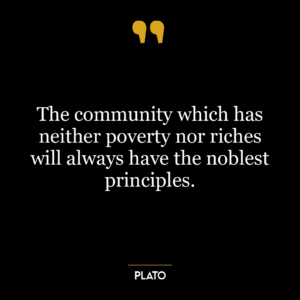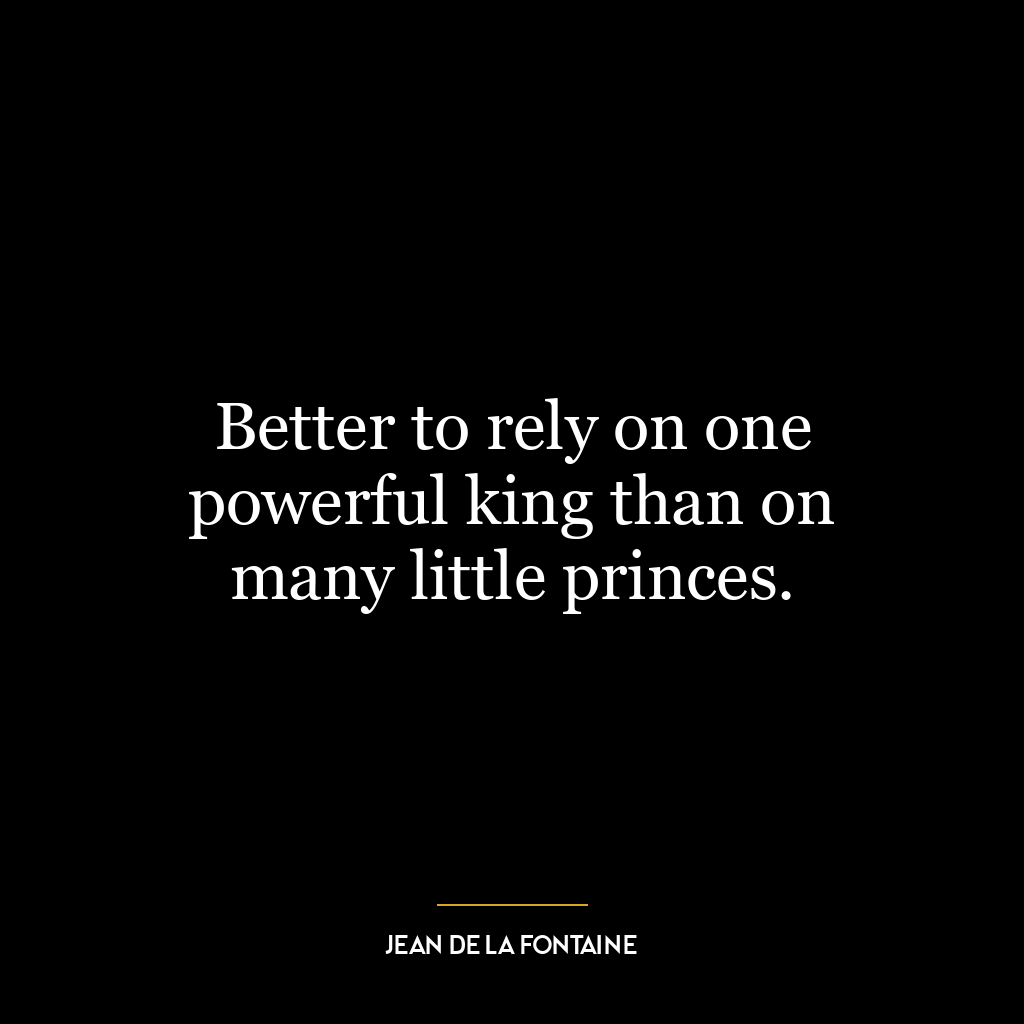States will never be happy until rulers become philosophers or philosophers become rulers.
This quote suggests that the ideal leaders of society should be individuals who possess not only the skills of leadership, but also the wisdom and insight of philosophers. According to this perspective, true happiness and prosperity in a state can only be achieved when those in power are guided by philosophical wisdom, which includes a deep understanding of justice, truth, and the good life.
In this context, a philosopher is not merely someone who engages in abstract thought, but someone who seeks wisdom and truth, and applies this wisdom to the practical matters of life. A philosopher-ruler would thus be someone who guides their decisions by a deep understanding of what is truly beneficial for the society, rather than being swayed by personal interests, short-term gains, or popular opinion.
In today’s world, this idea could be seen as a call for leaders who are reflective, thoughtful, and informed by a broad understanding of the world and human nature. It suggests that good leadership requires more than just practical skills or charisma—it requires a deep understanding of what is truly beneficial for society and a commitment to achieving this.
In terms of personal development, this quote could be seen as encouragement to cultivate both practical skills and philosophical wisdom. It suggests that to be truly successful in life, one needs to be able to navigate the world effectively (like a ruler) but also to understand deeply what is truly valuable and meaningful (like a philosopher). This might involve studying philosophy or other fields that provide insight into the human condition, as well as developing practical skills and gaining experience in the world.










